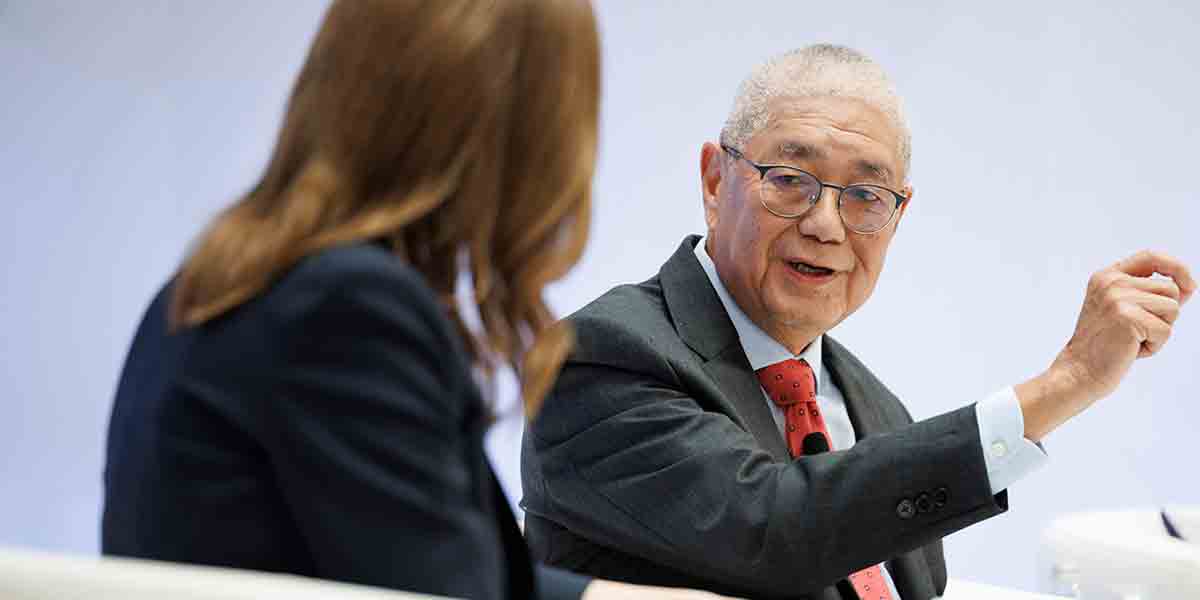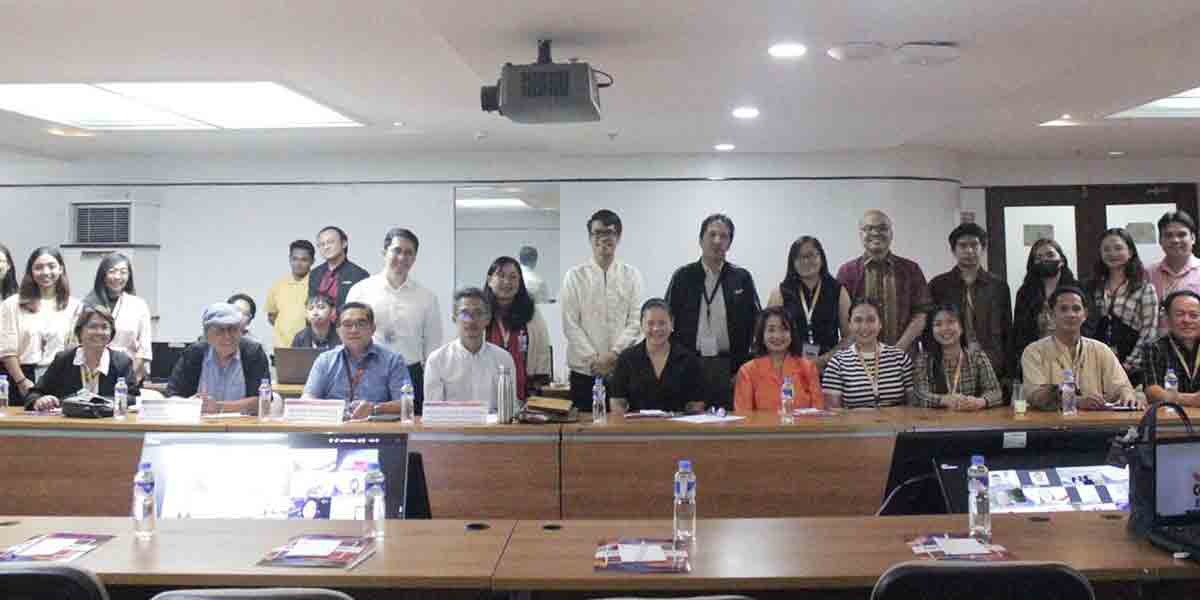 By Joshua Corcuera
By Joshua Corcuera
A survey from Pulse Asia conducted last mid-September this year revealed that 9 out of 10 Filipinos approve of President Duterte’s performance. This unusually high approval was garnered in the middle of a pandemic that infected hundreds of thousands of Filipinos and resulted in a sharp economic recession leaving millions unemployed. Not to forget, several issues this year — such as the shutdown of ABS-CBN and the passage of the Anti-Terror Law — bitterly divided Philippine society, or social media at least.
The survey results imply that, despite all these contentious issues, Filipinos are satisfied with a government whose actions are clearly controversial. However, does strong support from society mean that one is almost infallible? And should this be a positive sign or a cause for worry?
Widespread approval does not necessarily mean everything’s great
Obviously, Duterte is not the only world leader subject to approval ratings. Heads of government that either struggled or succeeded in containing the coronavirus in their countries are similarly the topic of opinion polls. As of August this year, US President Donald Trump’s approval rating stands at 42% given America’s miserable state amid the pandemic as more than 200,000 Americans lost their lives to the highly contagious illness.
Meanwhile, in countries that beat the virus such as New Zealand, people gave their Prime Minister — Jacinda Ardern — an approval rating of 60.9% last July. While former Japanese Prime Minister Shinzo Abe, who resigned last August, received an approval rating of 36% earlier that same month.
With these comparisons of ratings, there is no clear correlation between social approval and effective leadership. It is apparent that leaders who managed to solve their countries’ problems do not always obtain the people’s appreciation. While leaders who had shortcomings in the issues that matter might still enjoy enormous support. Hence, winning the approval of most people does not mean a leader is automatically an effective one.
Consistent and unusual high ratings should be a cause for concern
For those who are in power, being supported by many is indeed positive news. This should not be the case, however, for ordinary people. It can be observed that authoritarian regimes — such as China, Russia, and North Korea — have leaders who are supported by most of its citizens. The support for such leaders is so overwhelming to the extent that there is no safe space for dissent. Consequently, people who are critical or doubtful of the regime might be forced to stay silent. Worse, they could end up showing approval to the person they were once critical of.
The same applies to the Philippines. When a politician has soared in popularity that his/her followers harass critics, there is a tendency that ordinary people would avoid being critical as they fear for their personal safety and security. This shows that a person’s high approval rating could be driven by factors such as fear, hatred, and ignorance. Never forget that Adolf Hitler, the German dictator whose actions led to the Second World War in Europe, was supported by millions during his time. Moreover, in an attempt to preserve the support he gained, Hitler and the Nazis silenced the press and suspended democratic elections. Through this, people could blindly express support to the government even when issues such as brutality and injustice prevail in Nazi Germany. Altogether, the relationship between authoritarianism and overwhelming public support is clear and compelling.
The menace that is mediocrity
Often do we — Filipinos — encounter the phrase, pwede na yan, or in English, that would do. When a group of students are in a hurry to pass a class requirement, they would say pwede na yan. When a worker is trying to beat a deadline, that person might submit work that is average or mediocre. Pwede na yan in the Filipino layman’s terms. This could, but not necessarily, be the case with our country’s leaders especially those who attained very high approval ratings. When people hear something good, albeit little, they’ll be immediately impressed. When synthetic white sand was placed on Manila Bay, for instance, people flocked to the area with the impression that the government is working — even when such action is debatable among experts.
Unfortunately, this sense of satisfaction with mediocrity is unlikely to bring us to great heights. Worse, it could enable tyrants and authoritarians to preserve their power and continue the abuses they’ve committed because people do not fearlessly oppose such despots. At the end of the day, despite what the numbers say, the facts would never change. No approval rating would ever change the fact that the government failed to prevent the pandemic from causing mayhem to the Philippines. More importantly, the effectiveness of one’s leadership must not be merely based on approval ratings. Instead, one’s governance can be said effective when it solved the pressing issues that truly matter.
















